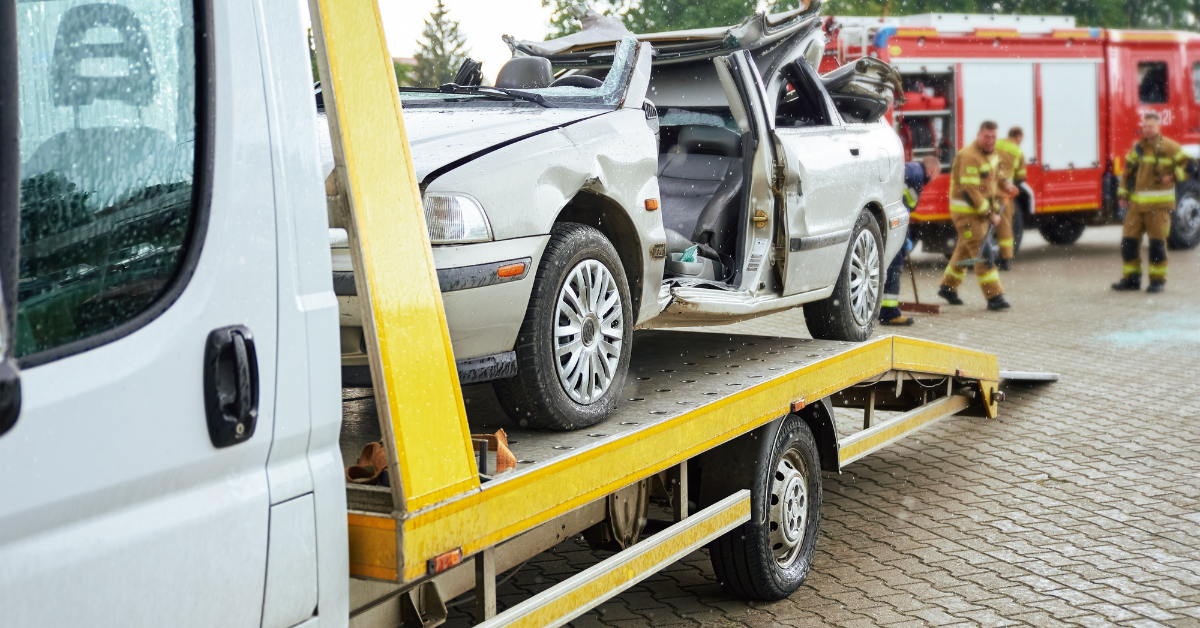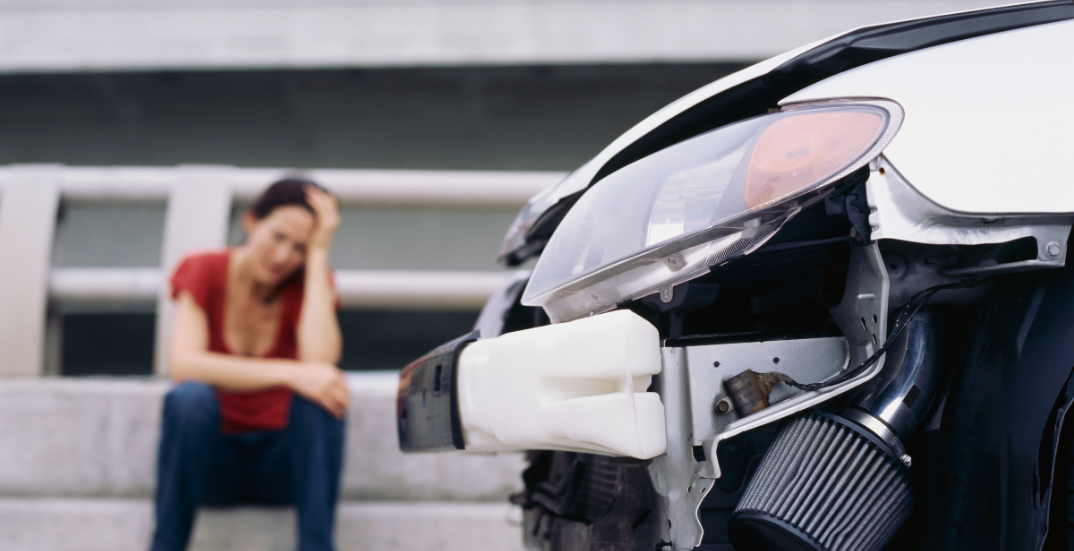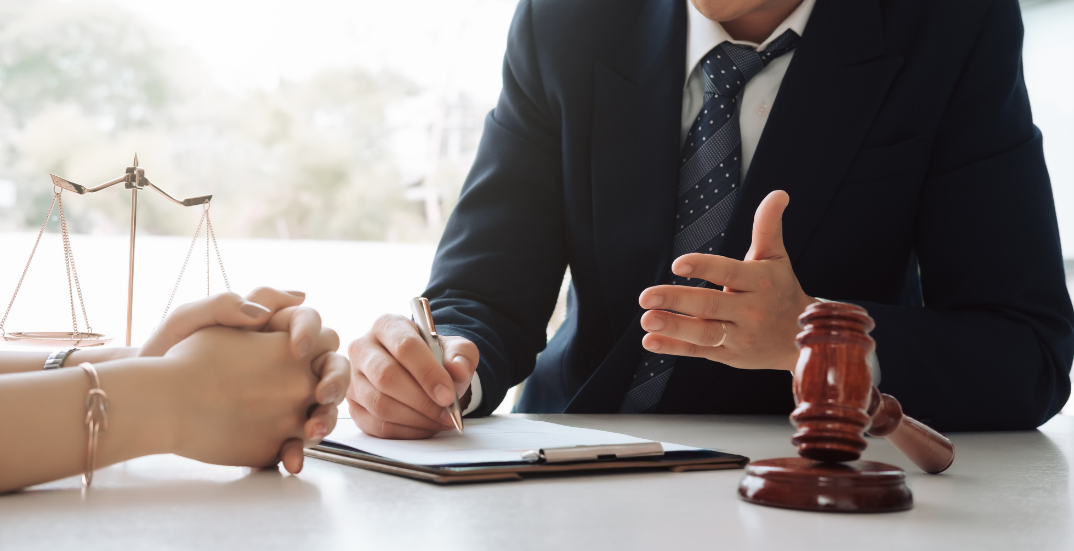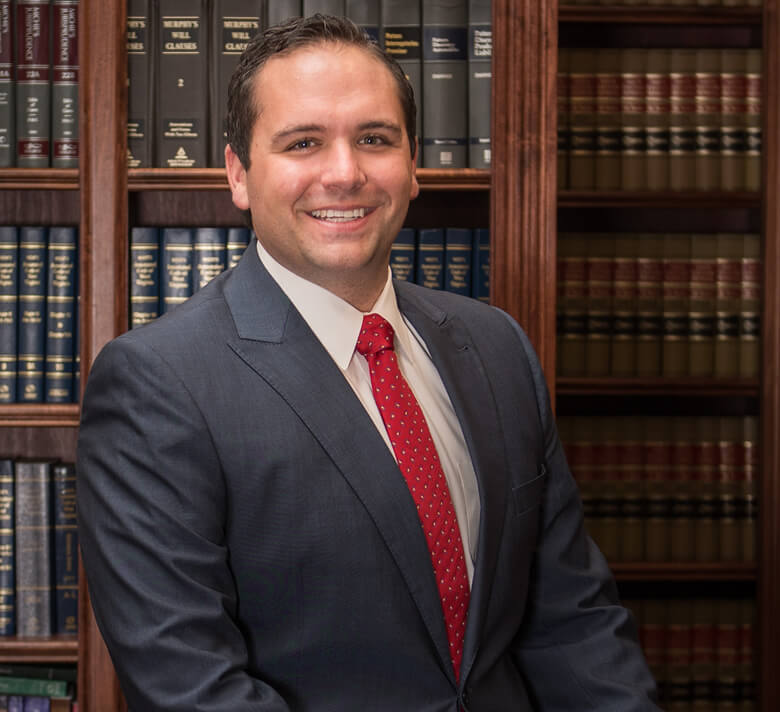
Getting into a car accident can be stressful, but knowing what steps to take immediately afterward can make a big difference. Exchanging the right information at the scene of an accident helps protect your legal rights, facilitates a smoother claims process, and ensures you comply with West Virginia state laws. Let’s walk through everything you need to know about what information to exchange after a car accident.
After an accident, West Virginia law requires all drivers to stop and exchange information. Leaving the scene without doing so—even after a minor accident—can lead to hit-and-run charges.
Hit-and-run is a serious offense in West Virginia, often resulting in fines, jail time, or both. Here’s what to know to stay compliant:
No matter the accident’s severity, West Virginia law obligates drivers to remain at the scene to exchange information.
Even if you only hit an unattended parked car, you should stop and leave your contact information.
Avoiding this responsibility can have serious legal consequences.
The necessity of reporting an accident depends on its severity:
In such cases, dial 911 to have the nearest police station respond. The police officer on the scene will file a report with the Department of Motor Vehicles (DMV) on your behalf.
If the damage is between $500 and $1,000, and you didn’t call the police at the time, you may need to file a notice with the DMV yourself. Being aware of these requirements will help you avoid any penalties.

According to West Virginia Code 17C-4-3, to protect yourself legally and ensure a smoother claims process, exchange the following information with the other driver(s) involved in the accident:
If you accidentally hit a parked, unattended vehicle, leave a written note with your name, contact information, and a brief description of what happened.
Place it in a visible area on the damaged vehicle so the owner can contact you.
Gathering a little extra information can strengthen your insurance claim and give you a better chance of recovering fair compensation. Here’s what to consider collecting beyond the basics:
Photographs and videos provide clear, visual evidence of what happened. Use your smartphone to capture:
Having this visual evidence will support your version of events when filing a claim with your insurance company.
If anyone witnessed the accident, politely ask them for their names and contact information.
Witness accounts can be invaluable in cases where liability is disputed, as they provide a neutral perspective on what happened.
If a police officer arrives at the scene, request the police report number. This number makes it easier to access the official report later, which your insurance company may require.
Additionally, having the report on hand can serve as valuable evidence if there are any legal disputes.
Sometimes, the other driver might refuse to exchange information or admit they’re uninsured. Here’s how to handle these situations to protect your rights:
If the other driver refuses to share their information or becomes confrontational, stay calm and avoid any arguments. Instead, call the police to the scene.
The police can mediate the exchange and ensure both parties fulfill their legal obligations.
If the other driver doesn’t have insurance, it’s essential to involve the police immediately.
Driving without insurance is illegal in West Virginia, and a police report can help you if you need to file an uninsured motorist claim with your insurance company.
Exchanging information and gathering evidence at the scene is just the start. Navigating the insurance claim process, especially if there are injuries or disputes about fault, can be complex.
An experienced West Virginia car accident attorney can help you:

If you’re facing a difficult claims process, the other driver is uninsured, or you’ve been seriously injured, reaching out to an attorney may be the best way to protect your interests.
A skilled lawyer can help you understand your options and guide you through the process step by step.
Failing to exchange information could lead to legal trouble, including hit-and-run charges. Always stay at the scene and provide the necessary details.
Yes. Regardless of fault, you must still exchange information with the other driver(s) involved.
If the other driver refuses to cooperate, call the police. They can help ensure all information is exchanged.
You can obtain a copy of the police report by contacting the police department that filed it or by using the police report number to request it from the DMV.
Knowing what information to exchange after a car accident is crucial, but accidents are complicated, and things can get overwhelming quickly. If you’re dealing with a difficult insurance claim, uncooperative drivers, or serious injuries, don’t navigate it alone. The dedicated team at Manchin Injury Law Group is here to help you understand your rights and secure the compensation you deserve.
Get in Touch with us for a free consultation and let us support you through each step of the process. Call us at (304) 367-1862 or reach out online to start protecting your rights today.

Member at Manchin Injury Law Group
Attorney at Personal Injury

Attorney Timothy Manchin established the Manchin Injury Law Group in 2011 after his law partner of more than 25 years became a West Virginia circuit court judge. His focus is on helping individual clients and entire families victimized by negligent acts.
We offer a free initial consultation at our office in the Manchin Professional Building — our home since 1983 — conveniently located in Fairmont.
If you are unable to visit our firm, we can come to your home or hospital room.
Fill out the form below to get in touch!